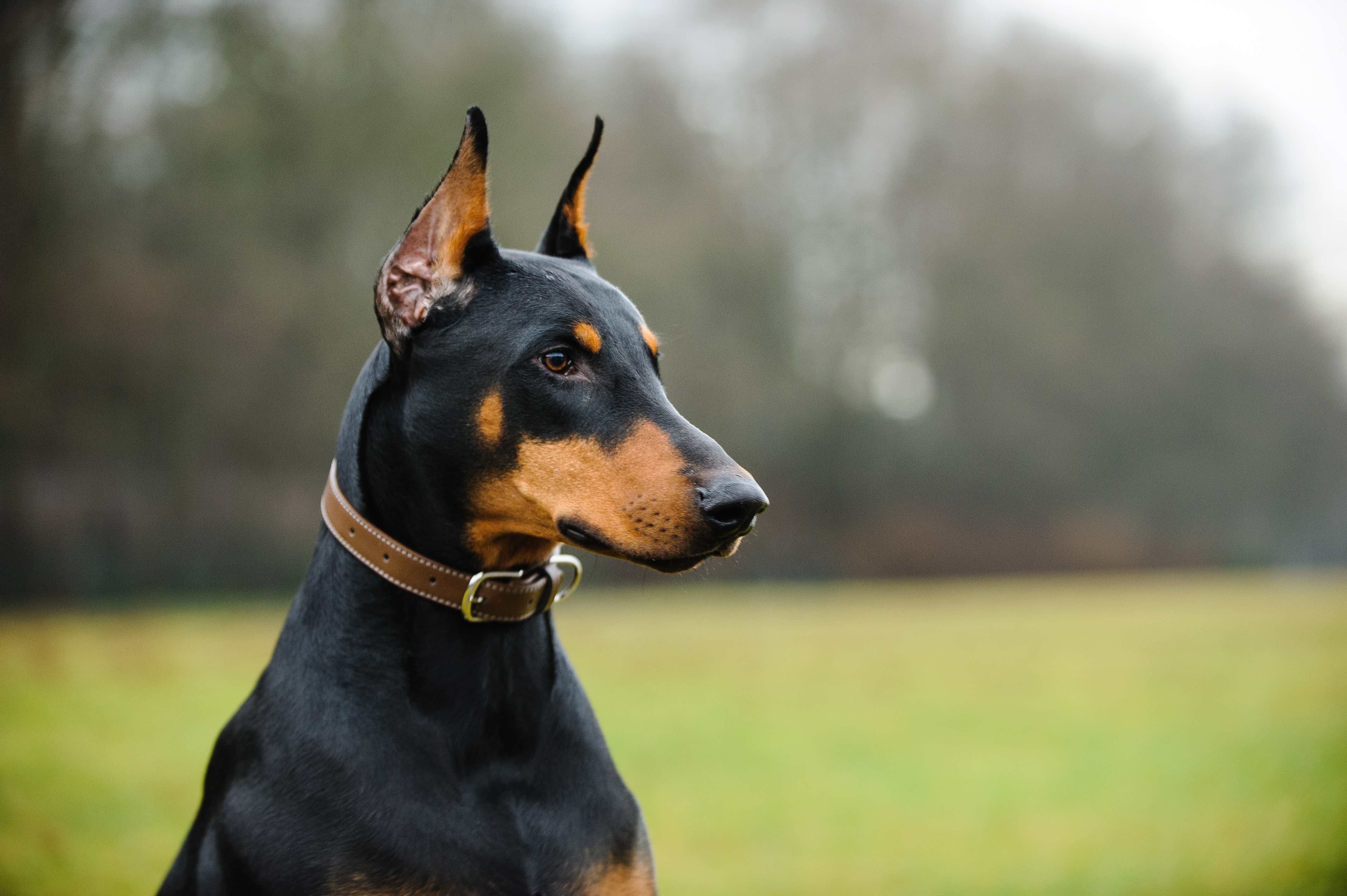The Role of Doberman Pinschers in Police and Military Work: A Critical Examination
Thesis Statement
Doberman Pinschers have made significant contributions to police and military work, demonstrating exceptional abilities and a unique set of characteristics. However, their deployment in these high-stakes roles has also been met with controversy, raising ethical and practical concerns. This essay will critically examine the complexities of using Dobermans in police and military operations, exploring the strengths and limitations of this breed while addressing the ethical implications and societal impact of their deployment.
Unique Characteristics and Suitability for Police and Military Work
Doberman Pinschers possess a distinctive set of qualities that make them well-suited for demanding police and military roles. Their intelligence, physical agility, and unwavering loyalty have proven invaluable in both training and field operations.
Intelligence and Trainability
Dobermans are known for their exceptional intelligence and eagerness to please. They excel in obedience training, quickly mastering complex commands and strategies. This trainability allows them to perform a wide range of tasks, from narcotics detection to crowd control.
Physical Prowess and Agility
Dobermans are athletic and powerful dogs with exceptional strength, speed, and agility. Their muscular build, relentless endurance, and keen senses enable them to effectively pursue suspects, subdue offenders, and protect their handlers.
Loyalty and Courage
Dobermans are fiercely loyal and protective of their caregivers. They are known to risk their own lives to defend their handlers and carry out their duties. This unwavering courage makes them invaluable companions in high-risk environments.
Ethical Concerns and Criticisms
Despite their exceptional abilities, the use of Dobermans in police and military work has sparked ethical concerns. Critics argue that:
Excessive Force and the Risk of Misuse
Dobermans' inherent power and aggression can lead to excessive force and potential harm to suspects or civilians. Their natural protective instincts and intense loyalty may also make them more likely to engage in unwarranted attacks.
Psychological Impact on Dogs
The high-stress nature of police and military work can have detrimental effects on Dobermans' physical and psychological well-being. Exposure to violence, trauma, and long hours on duty can lead to anxiety, depression, and behavioral problems.
Public Perception and Fear
The deployment of Dobermans in police and military roles can create a sense of fear and intimidation among the public. Their aggressive appearance and reputation as guard dogs may undermine trust and cooperation between law enforcement agencies and communities.
Addressing Criticisms and Balancing Concerns
To address these ethical concerns, it is crucial to implement responsible deployment practices and ensure proper handling and training. Key measures include:
Rigorous Training and Certification
Dobermans intended for police or military work must undergo comprehensive training and certification programs. This training should focus not only on obedience and tactical skills but also on socialization, bite inhibition, and responsible handling.
Ethical Guidelines and Oversight
Clear ethical guidelines must be established to govern the use of Dobermans in police and military operations. These guidelines should define appropriate situations for deployment, limitations on their use of force, and protocols for reporting and investigating incidents involving excessive force.
Ongoing Evaluation and Welfare Monitoring
Regular evaluations and welfare monitoring programs are necessary to ensure that Dobermans are not experiencing undue stress or psychological harm. Regular veterinary checkups, behavioral assessments, and access to resources for canine rehabilitation or rehoming are essential.
Societal Impact and Broader Implications
The use of Dobermans in police and military work has broader implications for society. It raises questions about:
The Militarization of Law Enforcement
The deployment of dogs in policing operations, including Dobermans, can contribute to the perception that law enforcement is becoming more militarized. This can erode trust between communities and police agencies, potentially leading to increased tensions and social unrest.
Disproportionate Impact on Marginalized Groups
Studies have shown that police use of force, including the use of dogs, disproportionately affects marginalized communities, particularly people of color. The deployment of Dobermans in these communities can exacerbate existing racial and socioeconomic disparities.
The Importance of Community Engagement
To mitigate these societal impacts, it is essential for police and military agencies to engage with communities and actively work to build trust and understanding. This includes transparent communication about the use of Dobermans, addressing concerns, and implementing strategies to reduce the risk of excessive force.
Conclusion
Doberman Pinschers have made invaluable contributions to police and military work, demonstrating exceptional abilities and a unique set of characteristics. Their intelligence, physical prowess, and unwavering loyalty have proven beneficial in various operational settings. However, their deployment has also sparked ethical concerns, particularly regarding excessive force, psychological impact on dogs, and public perception.
Addressing these concerns requires responsible deployment practices, ethical guidelines, and ongoing evaluation and welfare monitoring. It also necessitates a broader consideration of the societal impact of deploying Dobermans in police and military roles, addressing issues such as the militarization of law enforcement and disproportionate impacts on marginalized groups.
By balancing the strengths and limitations of Dobermans with ethical considerations and community engagement, we can harness the potential benefits of these remarkable dogs while ensuring their well-being and the well-being of the communities they serve.
How Cane Corsos Protect And Care For Their Families
The Role Of Australian Mist Cats In Therapy And Companionship
Abyssinian Cats In Pop Culture: Famous Feline Icons

:max_bytes(150000):strip_icc()/DobermanPinscherWorldWar2-GettyImages-461163711-6459a894a8854e1686b442d4d97de27b.jpg)

